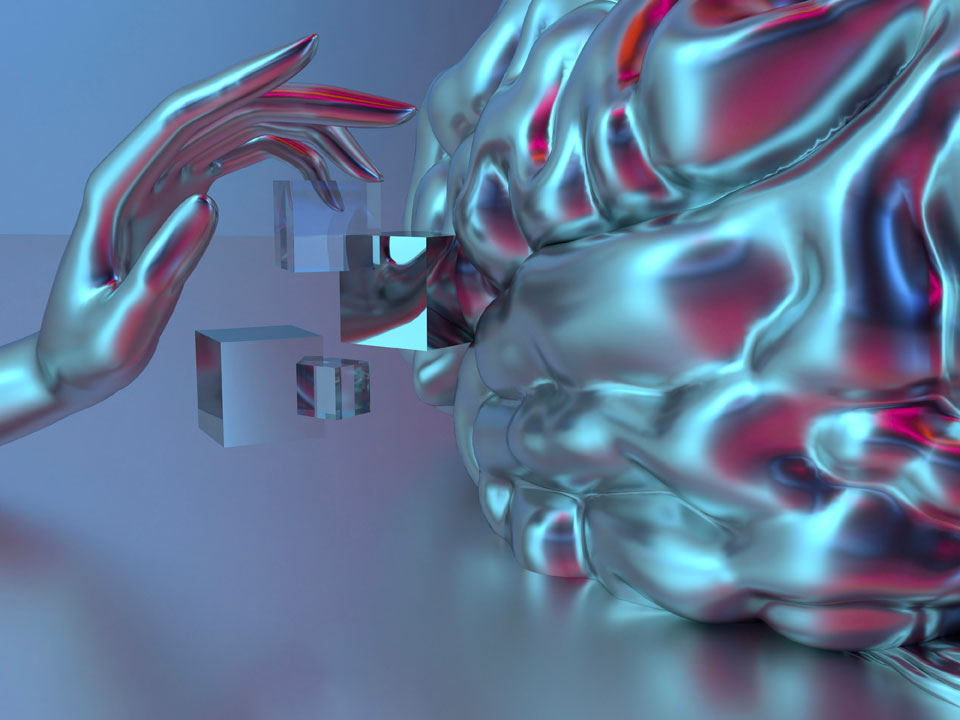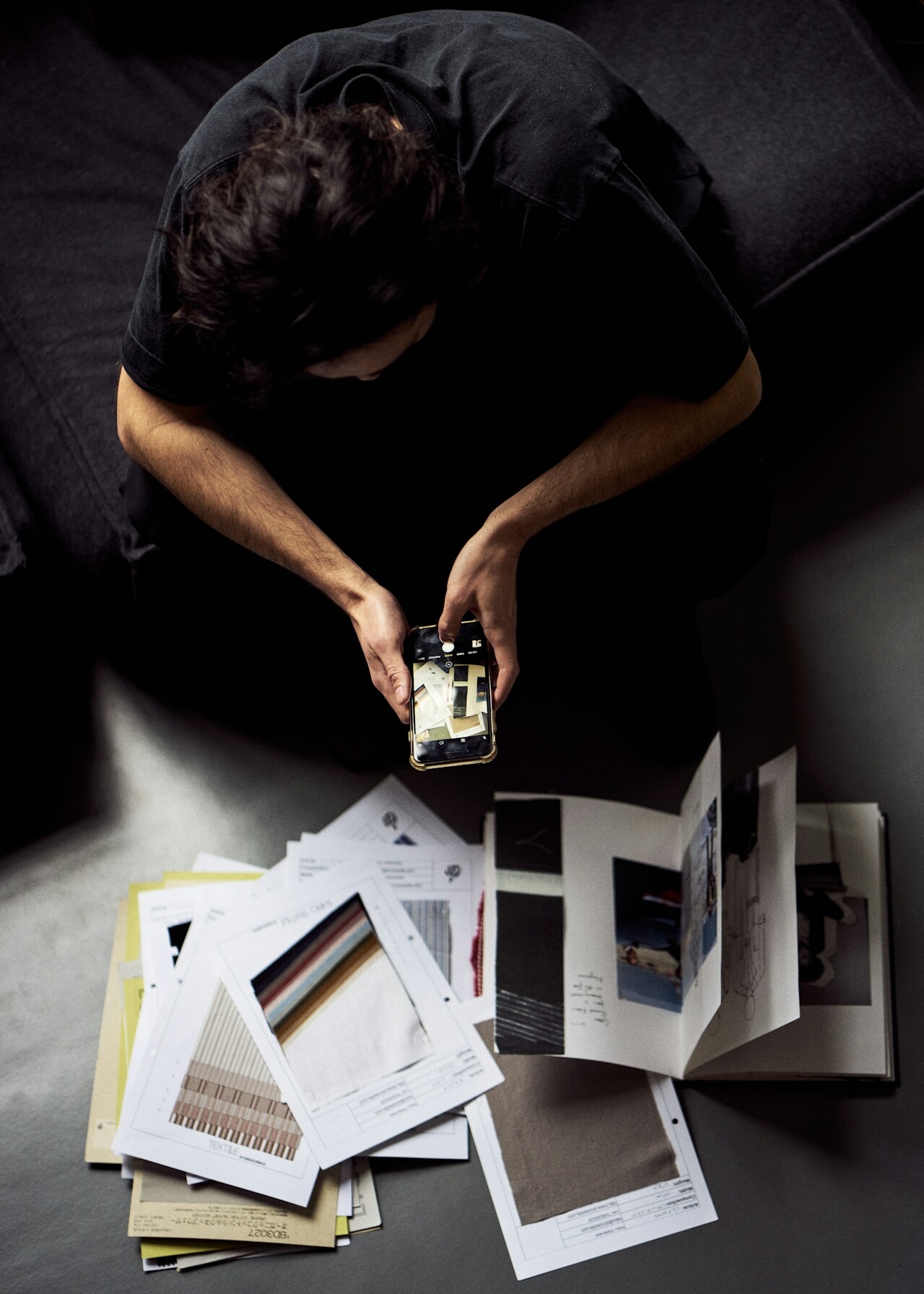Last week, I watched a founder spend three hours tweaking their logo in Midjourney while their actual brand strategy sat untouched in a Google Doc. It's the perfect snapshot of where we are right now — incredible creative tools everywhere, but the fundamental work of brand building still requires human intuition and strategic thinking.
The Creative Paradox of AI Tools
We're living through a fascinating moment in brand development. AI can generate a thousand logo variations in minutes, write brand manifestos that sound convincing, and even suggest color palettes based on sentiment analysis. But here's what I've noticed working with early-stage teams: the brands that resonate aren't the ones with the most AI-generated assets. They're the ones using AI branding strategy to amplify what's already authentic about their vision.
"The best brands aren't built by prompts — they're discovered through conversation and refined through iteration".
Take Arc Browser's recent identity work. Their team used AI tools to explore visual directions, but the final brand emerged from deeply human insights about how people actually want to experience the web. The AI accelerated their process; it didn't replace their thinking.
From Generation to Curation
The real shift happening isn't about AI creating brands — it's about how AI changes the creative director's role. Instead of starting from blank canvases, we're becoming curators and editors of possibility. A solid AI branding strategy means knowing when to use these tools for exploration versus execution.
I recently worked with a climate tech startup that used GPT-4 to analyze thousands of sustainability reports, extracting language patterns that resonated with their audience. But then we spent weeks crafting their actual voice — something that felt genuine precisely because it wasn't trying to sound like everyone else in the space.
"The brands that will define the next decade won't be the ones that look most AI-perfect — they'll be the ones that feel most surprisingly human."
Studios like Metabrand are already exploring this intersection, where AI becomes a collaborator rather than a replacement for strategic thinking. It's not about whether to use AI; it's about understanding which parts of brand building benefit from machine intelligence and which require human judgment.
The New Brand Development Stack
Here's how AI branding strategy actually plays out in practice. Runway ML for rapid visual prototyping. Claude for voice exploration and messaging frameworks. Midjourney for mood board generation. But between each of these tools sits human decision-making — the taste, the intuition, the understanding of context that no model has yet replicated.
The smartest founders I know are using AI to compress the exploration phase from months to weeks. They're generating hundreds of directions, testing messages at scale, and iterating faster than ever. But they're also spending more time than ever on the foundational questions: What do we actually believe? What change are we trying to create? How do we want people to feel?
Beyond the Aesthetic
The danger with accessible AI tools is mistaking output for outcome. I see too many brands launching with beautiful, AI-generated visual systems that say absolutely nothing distinctive. They have the polish but not the personality. They look professional but feel hollow.
Real AI branding strategy recognizes that brand isn't just visual identity — it's the entire ecosystem of touchpoints, messages, and experiences. AI can help map that ecosystem, identify patterns in customer feedback, and even predict which messages might resonate. But it can't decide what your company stands for or why someone should care.
What Comes Next
The brands winning in this new landscape aren't the ones using the most AI or the least. They're the ones who understand that AI branding strategy is really about augmentation — using machine intelligence to extend human creativity rather than replace it. They're treating AI like a junior designer with infinite stamina but limited judgment.
We're moving toward a future where every founder has access to world-class creative tools, where brand development happens in days not months, where testing and iteration happen at unprecedented speed. But the fundamentals haven't changed. Great brands still emerge from clear thinking, authentic positioning, and the courage to stand for something specific.
The tools are evolving faster than our ability to use them wisely. That gap — between what's possible and what's meaningful — is where the real opportunity lies for thoughtful brand builders. The question isn't whether AI will shape the future of branding. It's whether we'll use it to create brands that actually matter.










